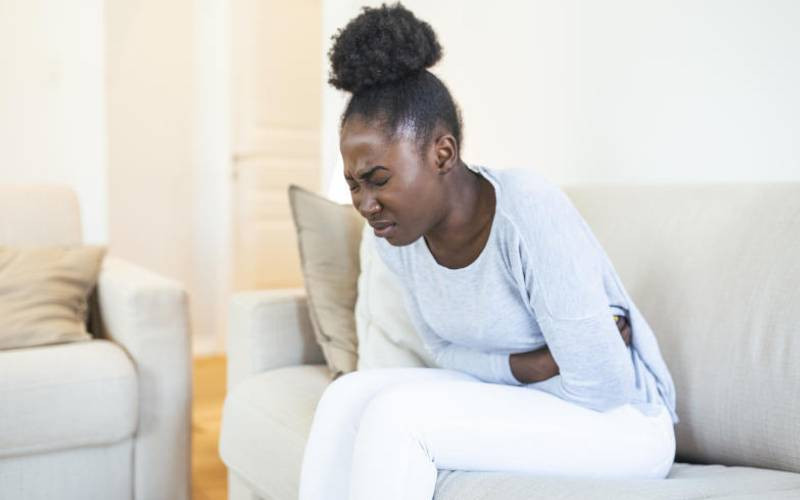Handling severe period pain while at work

For many women, menstruation is a manageable inconvenience. However, for others, it brings debilitating pain that can significantly impact their ability to work effectively. Conditions like dysmenorrhea or endometriosis can make even simple tasks feel overwhelming. In professional settings where performance and daily attendance are often closely monitored, this can create unique challenges. So, what can you do when you need the job while your body requires strong painkillers and bed rest?
First, never minimise your pain because someone else doesn’t understand it. If period symptoms severely interfere with your daily activities, speak to a healthcare professional. A proper diagnosis helps in managing symptoms and provides documentation you may need should workplace accommodations become necessary. According to the World Health Organization, menstrual health is an essential part of overall well-being and should be treated as such.
Know your workplace rights
While not all companies have formal menstrual leave policies, you are still protected under general health and wellness policies. In Kenya, for instance, labour laws do not specifically address period pain, but you can use sick leave or personal days if symptoms are unmanageable. Having an open conversation with HR, if you’re comfortable, can help in arranging flexible working hours or work-from-home days during your most symptomatic periods. Don’t hesitate to ask!
Have a comfort kit
Keep a discreet kit at your desk or locker that includes prescribed pain relief medication, a heat patch, flavoured tea bags, sanitary products and an extra set of clothing, just in case. Staying hydrated, snacking on light, anti-inflammatory foods and taking short walking breaks can also help reduce discomfort. Try these before considering going home.
Use technology to your advantage
If your workplace supports remote work, consider arranging to work from home during the most painful days. Time-blocking tasks, working in intervals, and using apps to track your cycle can help you anticipate and manage symptoms more proactively and early on.







